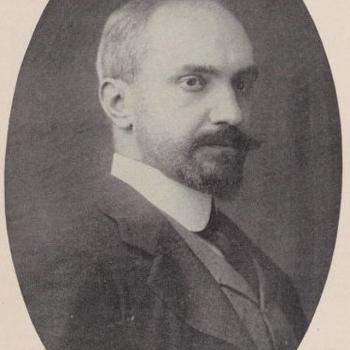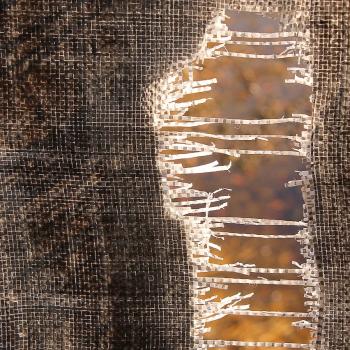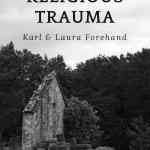The British novelist Charles Dickens toured the US in the early 1840s. Dickens was considerably left of center and had a particular dislike for monarchy and social class. He wanted to see firsthand this new nation that had thrown off the yoke of threadbare European ideas.
Instead of encountering that shining city on a hill, however, Dickens experienced a society soaked in classism, slavery, and gun violence.
One city on his tour was St. Louis, Missouri. (He visited at about the same time my ancestors showed up in the vicinity.) Dickens wrote this:
“Public opinion has, within a few years, burned a slave alive at a slow fire in the city of St. Louis; and public opinion has to this day maintained upon the bench that estimable judge who charged the jury, impanelled there to try his (the slave’s) murderers, that their most horrid deed was an act of public opinion, and being so, must not be punished by the laws the public sentiment had made. Public opinion hailed this doctrine with a howl of wild applause, and set the prisoners free, to walk the city, men of mark, and influence, and station, as they had been before.”
(American Notes, Chapter Seventeen)
Had Dickens been able to tweet about the above incident, I expect that he might have used the hashtag #blacklivesmatter. As I have mentioned in another post, across the river from St Louis, in Illinois, one of my ancestors serving in the Illinois National Guard joined in shooting the African Americans the Guard had been sent in to protect. It goes on.
Classism. Slavery. Gun violence.
As the Dickens lines remind us, Fox News is nothing new on the American scene. “Public opinion,” also coded as “law and order,” are always there to be used as excuses for atrocity and oppression.
The 175 years that separate the words of Dickens and the news from Ferguson have changed the method of murder but not the fact of murder. And not the exoneration by “public opinion.”
Dickens drew this conclusion concerning the American experiment:
“Rather, for me, restore the forest and the Indian village; in lieu of stars and stripes, let some poor feather flutter in the breeze; replace the streets and squares by wigwams; and though the death-song of a hundred haughty warriors fill the air, it will be music to the shriek of one unhappy slave.”
As might be expected, American streets were soon lit by piles of Dickens books burning.
When we get lost in the weeds, my congregational leaders go back to our mission, vision, and values for focus and clarification. We consider a question: Is this institution here only because the institution is here, or are we here for a reason?
For this Ferguson Thanksgiving, perhaps that’s a good question for all Americans to ask. Dickens concluded that the American experiment was not an improvement on the condition of the continent before Europeans arrived. But Europeans did arrive. And many others from many places since. Are we—all Americans—here only because we are here, or are we here for a purpose?
Sometimes it’s good to look at that mission, that vision, those values.















